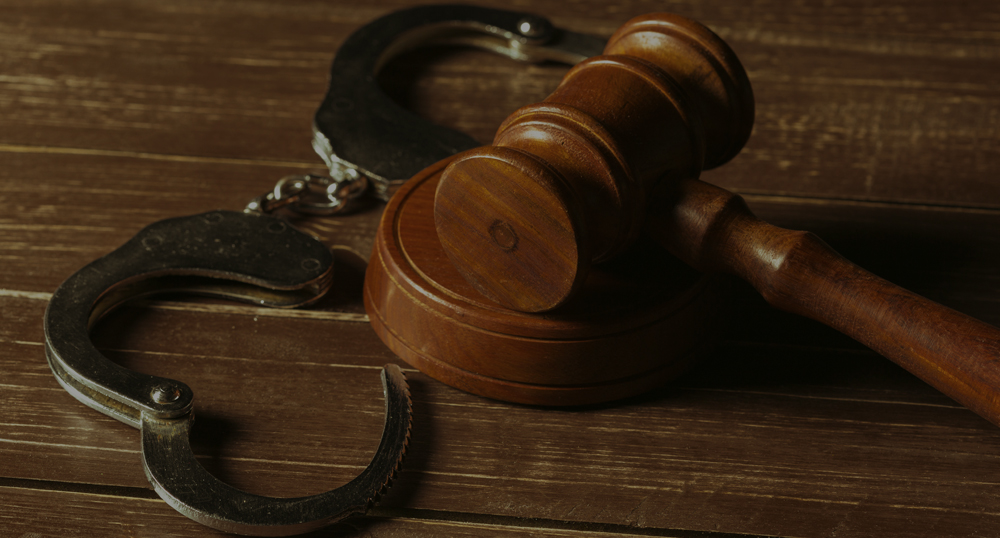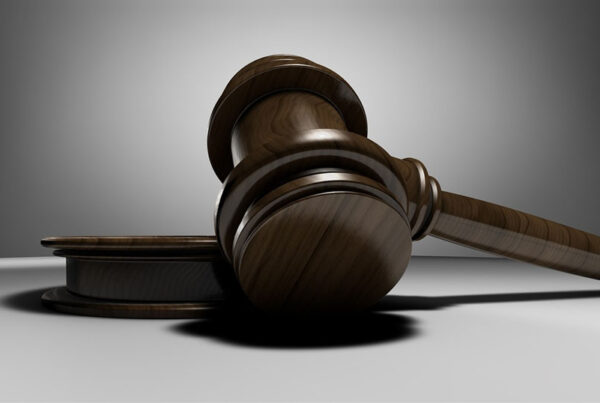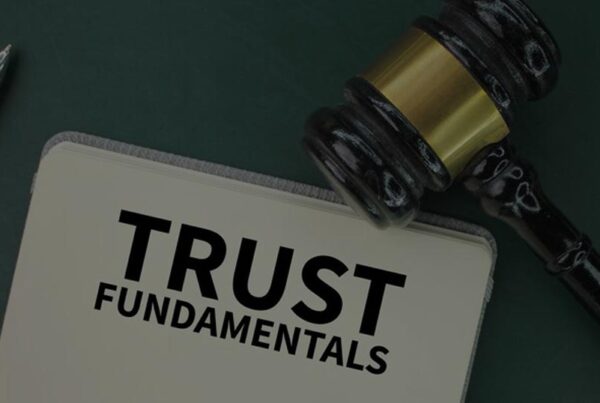Facing criminal charges is a situation that no one ever wants to find themselves in. However, thousands of people each year find themselves in exactly that situation, whether they have actually committed a crime or not.
When faced with serious accusations, sometimes the best hope is to have the criminal charges dropped before actually going to trial. But how exactly can one achieve a dismissal of charges? Today we will discuss how and when criminal charges can be dropped.
What is a Dismissal of Charges?
When a crime has allegedly been committed, and an arrest is made, the prosecution makes a formal declaration of the offense, known as an arraignment. Here the defendant is informed of the charges against them, and enters a plea. From there, the defendant has pretrial hearings, then the actual trail, and finally sentencing. In order to convict, the prosecution must be able to prove beyond a reasonable doubt that the defendant is guilty of the crime they are accused of.
However, under certain circumstances it is in fact possible to receive a dismissal of charges. Criminal charges may be dropped for a variety of reasons, and can effectively end a trial before it ever fully begins.
A dismissal of charges means that the prosecution has determined that the case is no longer worth pursuing for whatever reason, and legally terminates the case before going to trial or before a verdict is officially reached.
Why Receiving a Dismissal of Charges is an Ideal Outcome
First and foremost, spending time in jail or prison for a crime is never an ideal outcome. Receiving a dismissal of charges will keep you out of jail, and keep your reputation intact.
In addition, having criminal charges dropped can save you significant expense by avoiding a lengthy and costly criminal trial. Legal fees add up quickly, and if you are found guilty you may be subject to fines as well as time in prison.
Having criminal charges dropped before your court date can prevent loss of employment, and help you avoid future difficulties that you may encounter by having a criminal record. A criminal record can be extremely detrimental to your future prospects in obtaining certain jobs, professional licenses, or even loans in the future.
Dropping criminal charges before your court date can help minimize all these potentially negative outcomes that may occur if you are found guilty at trial.
Common Reasons for Dropping Criminal Charges
So what situations can lead to a dismissal of charges? Here are some of the most common reasons for dropping criminal charges.
Lack of Evidence
The prosecution must be able to prove beyond any reasonable doubt that the defendant is guilty of the alleged crime. If the prosecution does not have adequate evidence, or if the evidence has been lost or destroyed, it may lead to a dismissal of charges.
Unreliable Witnesses
If the evidence is primarily based on an eye witness’s testimony, criminal charges may be dropped if the witness testimony reveals itself to be unreliable, or inconsistent. If other witnesses come forward that dispute the initial witness’s testimony, it can also lead to dropping criminal charges.
Prosecutor’s Discretion
In some cases, the prosecution itself may decide not to pursue the charges, and may recommend dismissing criminal charges altogether. This may be done for any number of reasons, including a lack of resources, insufficient evidence, or if a plea bargain can be reached with the defendant.
Technicalities
Under certain cirumstances, dismissing criminal charges may be achieved if it can be proven that the defendant’s rights have been violated, or if the statute of limitations has expired. If a defendant has already been prosecuted for the same crime, the double jeopardy clause may be invoked, preventing the defendant from being prosecuted a second time.
Defendant’s Cooperation
Working in cooperation with law enforcement can lead to criminal charges dropped if the defendant agrees to testify against other defendants, or by providing other valuable information to the prosecution.
The Process of Dropping Criminal Charges
The best legal advice on charges dropped we can offer is to get immediate help from an experienced attorney as soon as possible after you have been arrested. Delaying in seeking help will only make it more difficult to get criminal charges dropped.
An experienced defense lawyer will be able to examine all the evidence and information regarding your case, and can seek out additional witnesses and evidence that can help your case. The more experienced your attorney, the greater likelihood that they can assemble enough information to convince the prosecution to drop the charges.
Your attorney may also be able to collect sufficient evidence that you did not commit the alleged crime, known as exculpatory evidence. This can be an alibi that places you elsewhere when the crime was committed, DNA evidence, alternative witness testimony, and other forms of evidence that can exonerate you.
Conclusion
Ultimately, it is up to the prosecution whether or not to drop criminal charges. Even if the victim of the alleged crime wishes to drop the charges, once the case is in the prosecution’s hands only they can issue a dismissal of charges.
That is why it is critically important to obtain the services of an experienced defense attorney as early as possible, and give yourself the best chance of having your criminal charges dropped.
If you are in need of legal advice on charges you are facing, contact Sami Azhari Federal Criminal Lawyer for a consultation regarding your case.
Sami has over 17 years of experience defending federal and white collar crimes across the US Sami has tried over 100 federal cases involving a litany of charges such as drug trafficking, bank fraud, racketeering (RICO), and conspiracy and other federal charges.
Contact Sami Azhari Federal Criminal Lawyer for a consultation on your defense. Sami can help you understand your rights and build a strong defense against Lolicon charges.






